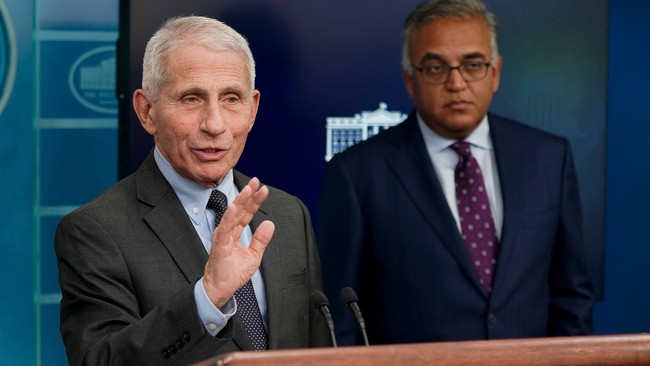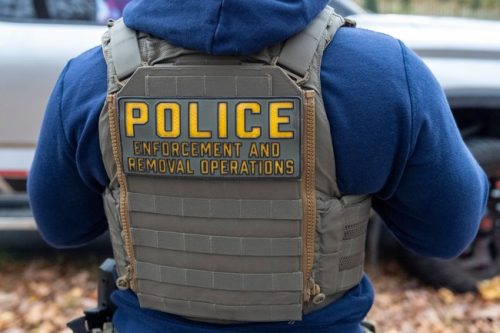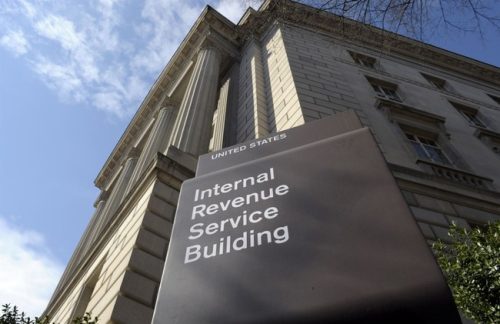Ernest X. Taylor Jr., of Laplace, LA, age 41, was sentenced on October 29, 2025, to 84 months in the Bureau of Prisons after pleading guilty to two counts of making false statements related to the Coronavirus Aid, Relief, and Economic Security Act, Acting U.S. Attorney Michael M. Simpson announced.
The CARES Act created emergency programs in 2020 to help businesses survive the COVID-19 shock, including the Paycheck Protection Program, which offered forgivable SBA-backed loans to maintain payroll and cover certain operating costs. Those loans could be forgiven if recipients spent proceeds on payroll and other specified expenses within a permitted period and met the payroll-use threshold. Congress designed the program to keep workers employed and firms afloat while the pandemic disrupted normal business activity.
Court filings say Taylor provided false information to an approved lender on or about March 2, 2021, to obtain a first PPP loan. In his application he falsely stated he had not been convicted of a felony involving “fraud, bribery, embezzlement, or a false statement in a loan application or an application for federal financial assistance” within the previous five years. That representation was central to his eligibility and was untrue.
Taylor was ineligible because he had pleaded guilty on July 15, 2016, in the Eastern District of Virginia, criminal matter no. 16-118, to conspiracy to commit federal student loan fraud and mail fraud in a scheme that involved stolen identities. The prior conviction disqualified him under the program rules, and the records show the underlying case tied him to identity theft and fraudulent loan activity. Prosecutors relied on that history when bringing the counts related to the PPP requests.
The first fraudulent application yielded approximately $18,500 in proceeds. Taylor later submitted the same false statements on or about April 21, 2021, when he applied for a second-draw PPP loan and received another approximately $18,500. Those two draws together represent roughly $37,000 obtained through the misrepresentations, according to court documents and the sentencing record.
On October 29, 2025, Taylor received a federal sentence of 84 months in prison, followed by five years of supervised release and a mandatory $100 special assessment fee. The sentence reflects the seriousness of falsifying federal loan applications and obtaining pandemic relief funds under false pretenses. Federal judges typically weigh loss amounts, criminal history, and the nature of the scheme when deciding punishment in these cases.
<p”The department continues to pursue those who abused pandemic relief programs,” the announcement noted, and the case was investigated by the United States Secret Service. Acting U.S. Attorney Michael M. Simpson praised the Secret Service’s work in bringing the matter to light. Assistant U.S. Attorney Edward J. Rivera of the Financial Crimes Unit led the prosecution, handling the legal work that produced the guilty plea and the sentence.
<p”This matter occurred on the date indicated, but was not published at that time due to the longest federal government shutdown in history.” Government auditing later concluded that pandemic-era programs were vulnerable to fraud on a massive scale; the U.S. Government Accountability Office warned that “Hundreds of billions ” of dollars were likely lost to fraud during the pandemic. Those systemic losses prompted widespread investigations and prosecutions across districts and agencies.
As of December 2024 the Department of Justice had charged more than 3,000 people and companies with fraud-related crimes tied to COVID-era programs, underscoring the scope of enforcement activity. The NCDF hotline and complaint processes were set up to capture tips and evidence, and members of the public were encouraged to report suspected abuse. Anyone with information could contact the National Center for Disaster Fraud by calling the published hotline number at 866-720-5721 or use the NCDF web complaint form.
The Taylor prosecution illustrates the broader enforcement posture federal authorities adopted after pandemic relief programs were rolled out quickly and at scale. Where false statements enabled access to forgivable funds, prosecutors pursued criminal charges when evidence supported them. The case also shows how prior convictions tied to fraud and identity theft are material to eligibility determinations for federal assistance programs.






